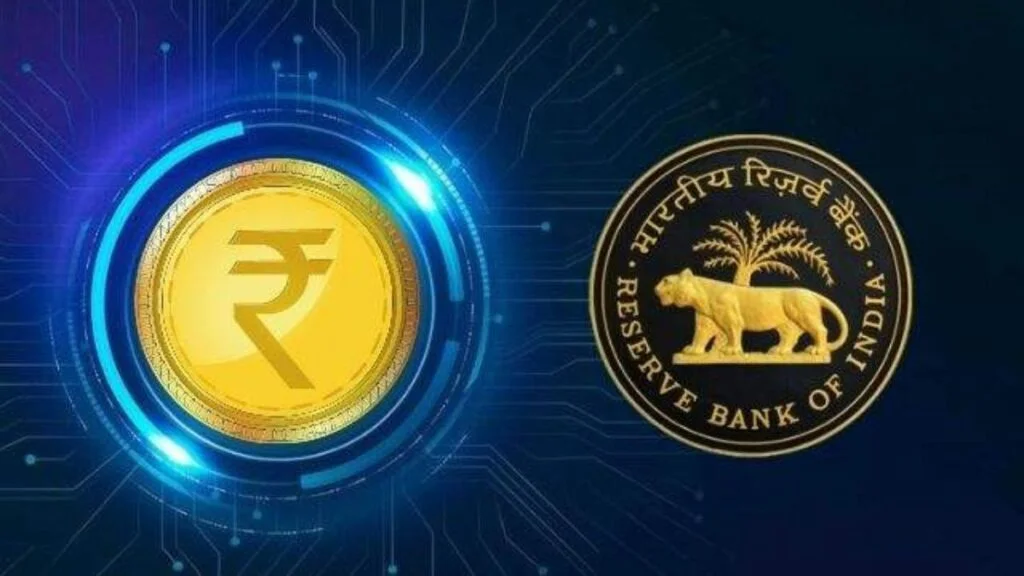After announcing its plan to create a digital rupee, the Reserve Bank of India is on schedule to introduce a central bank digital currency.

The RBI announced on October 31 that the Indian Reserve Bank will begin the digital rupee pilot program for the wholesale market on November 1.Nine locally active institutions, including the largest bank in India, the State Bank of India, will participate in the experiment. O
ther banks participating in the trial include Bank of Baroda, Union Bank of India, HDFC Bank, ICICI Bank, Kotak Mahindra Bank, Yes Bank, IDFC First Bank, and HSBC, according to a Reuters report.
The primary use case for India’s CBDC pilot will be to settle transactions in government securities on the secondary market. According to the RBI, the digital rupee will increase market efficiency by lowering settlement transaction costs.
The majority of financial institutions like banks use wholesale CBDCs for interbank activities including securities settlement and cross-currency payments.
Retail CBDCs, as contrast to wholesale CBDCs, are used by individuals and organizations to make payments and store value using the virtual equivalent of a particular fiat currency, such as the Indian rupee.
The RBI intends to introduce the digital rupee for the retail sector in a few areas within a month, according to the new report. India launched a CBDC rather quickly. The initial ideas were revealed in February 2022 by Indian Finance Minister Nirmala Sitharaman, who claimed that a digital rupee would provide India’s economy a “huge boost.”
The RBI then suggested a three-step graded rollout strategy in an effort to cause as little or no disturbance to the established financial system as possible.
The Indian government has been expediting the CBDC’s construction while also taking steps to deter local investors from investing in cryptocurrencies, such as placing a 30% tax on holdings and transfers of digital assets in April.
As it has been previously reported, the new cryptocurrency tariffs had a severe effect on the nation’s crypto ecosystem, driving entrepreneurs to relocate to friendlier countries.
